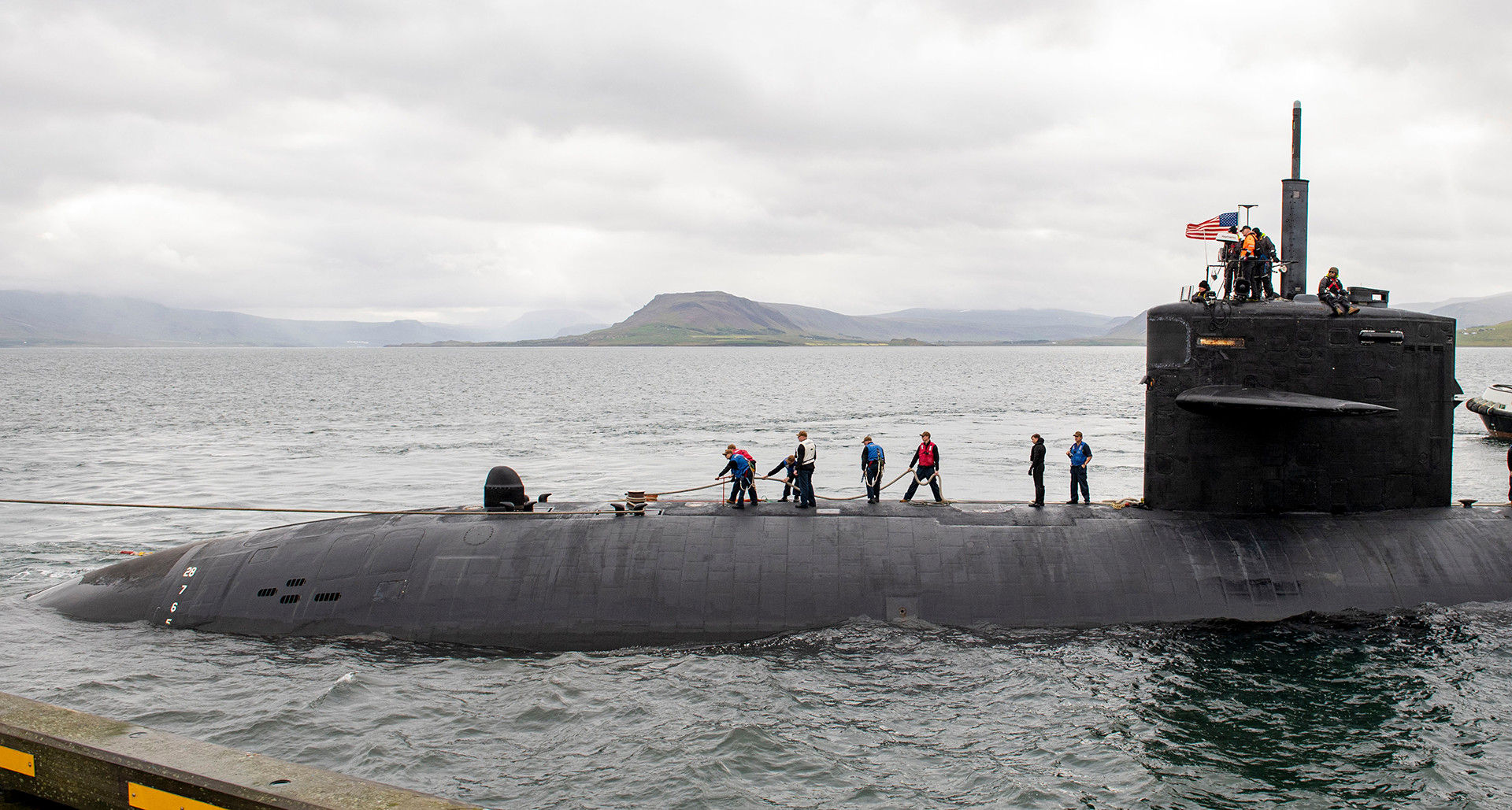
South Korea begins removing propaganda loudspeakers along DMZ in de-escalation move, Trump says U.S. nuclear subs are in ‘appropriate region’ following Russian comments, and more than 100 gather to honor U.S. pilot KIA in 1943.
1. South Korea’s military began removing propaganda loudspeakers along the Demilitarized Zone on Monday in a bid to ease tensions with the North, according to the Ministry of National Defense. The decision is a “practical measure” aimed at reducing hostilities between the two Koreas and will not compromise the South’s military readiness, the ministry said in a text message to reporters that morning. The move was made without consulting Pyongyang, deputy ministry spokesman Lee Kyung-ho said at a news conference in Seoul. The loudspeakers are expected to be gone by the end of the week, Col. Lee Sung-jun, spokesman for the Joint Chiefs of Staff, told reporters at the same briefing.
2. President Donald Trump says the nuclear submarines he said he was deploying in response to threatening comments from Russia's former president are "in the region." Trump also signaled that he's preparing to hit Moscow with economic sanctions over its war against Ukraine. “I’ve already put out a statement, the answer is, they are in the region," Trump told reporters traveling with him in New Jersey before he boarded Air Force One. Trump ordered two nuclear submarines to the "appropriate region" on Aug. 1 after former Russian President Dmitry Medvedev referenced Soviet-era nuclear strike capabilities in a social media post that heightened tension with the U.S. leader.
3. First Lt. Charles “Woody” McCook made a decision in his final moments on Aug. 3, 1943, that would save the lives of two crewmembers aboard his B-25C Mitchell bomber. The aircraft was flying over Burma and McCook — a 23-year-old pilot — managed to pull the bullet-riddled aircraft from its dive at 50 feet back to about 1,000 feet, allowing the men to parachute out before it crashed. And on Saturday, more than 100 people gathered under a sweltering sun to bury the pilot at the Independent Order of Odd Fellows Cemetery where his parents and brother were laid to rest years before him. His remains were identified in April.
4. Gulf Coast Primate Sanctuary founder, April Stewart, an Air Force veteran who said she developed PTSD as a result of military sexual trauma, didn’t necessarily set out to create a place of healing for veterans with PTSD, but that’s what the sanctuary has become for some volunteers. “By helping the primates learning to trust, we’re also reteaching ourselves how to trust, and we’re giving ourselves grace with people,” she said.
5. The Senate on Friday night adopted a $455 billion spending bill for the Department of Veterans Affairs that invests in recruiting clinicians at hospitals, provides a large increase to the toxic exposures fund and sets minimum funding levels for rural health care and other critical medical programs. Senate passage of the 2026 Military Construction, Veterans Affairs, and Related Agencies Appropriations Act followed the House adoption of a budget plan in June. Differences in the bills will be reconciled by a committee of members from both chambers. “Doing right by our vets is a moral obligation. This legislation delivers the funding to live up to that promise,” said Sen. Patty Murray, D-Wash. “Passing this [bill] is the best way to make sure that federal spending solves problems for people at home.”
- Security

